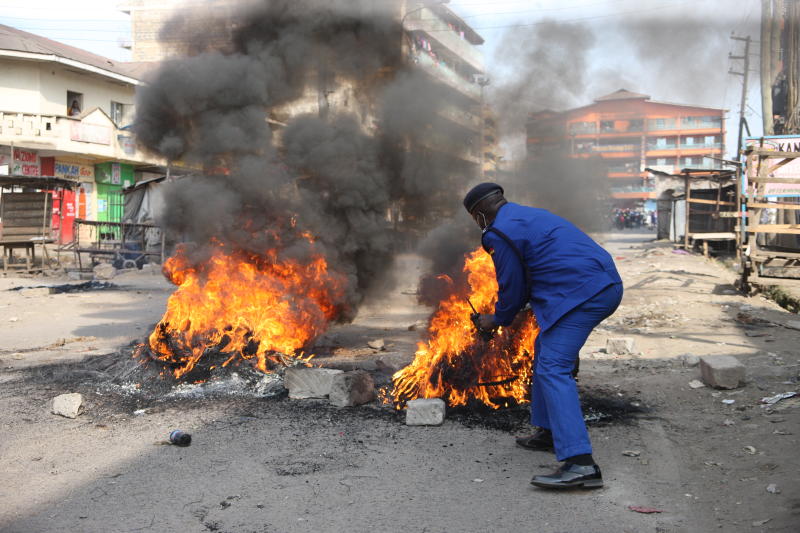
On Wednesday, the Missing Voices Initiative released its annual report dubbed ‘Delayed Justice’, which chronicled unlawful police killings and enforced disappearances in 2021. The initiative, a collaboration of NGOs working around human rights, criminal justice reforms and police accountability, attempts to bring together and verify all the data on such violations from all sources, including constituent organisations.
Previously, NGOs individually collected data in isolation and from different sources, creating confusion due to differing numbers covering different contexts, including geographical areas.